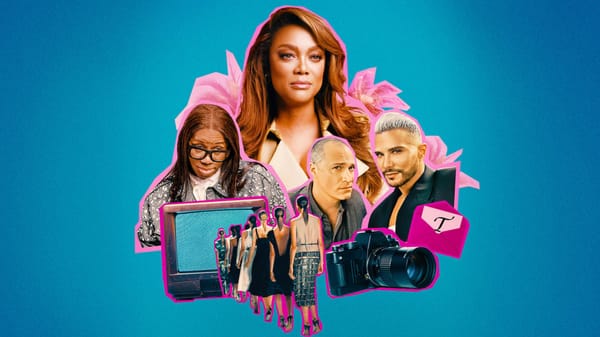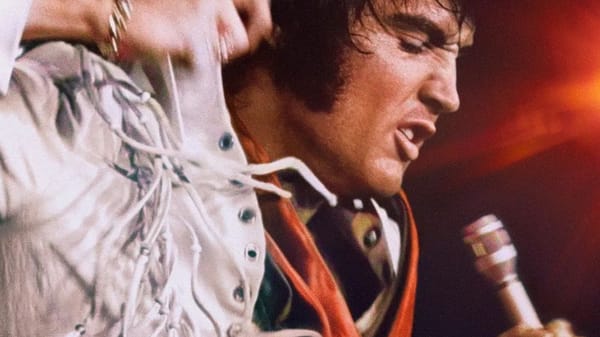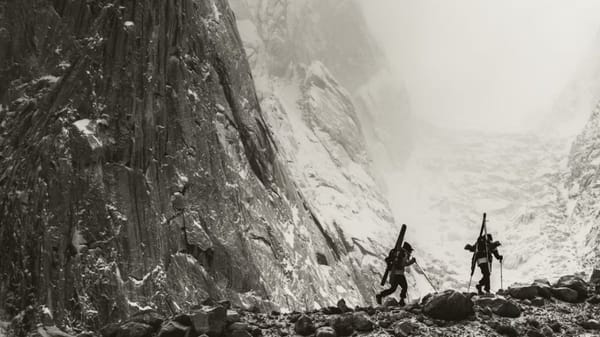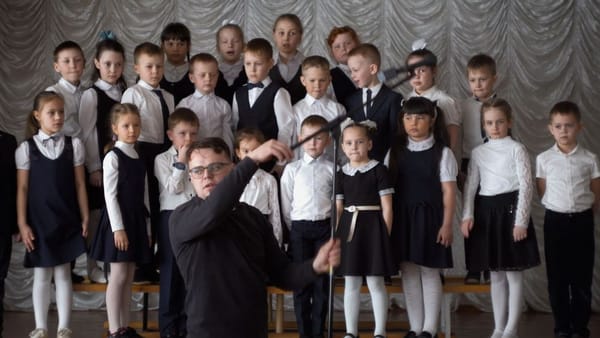Are We Good? (dir. Steven Feinartz)
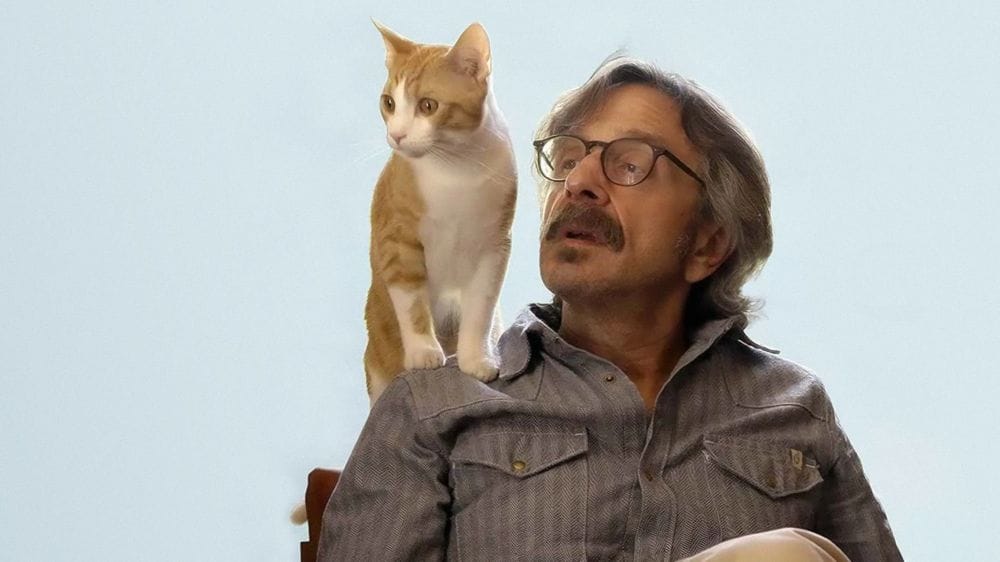
How does somebody come back from grief when it is their job to be funny? Even somebody like Marc Maron who’s professional (and personal) persona is that of what was maybe once known as a curmudgeon. A grouch with a sense of humour. A bit of a cynic about the world. On the flip side, how does an audience respond to somebody baring their soul on stage when they are somebody you have watched and listened and laughed with for years? And when they are trying to find catharsis through humour that can be awkward, painful and maybe not even all that funny.
Good questions that Steven Feinartz’s Are We Good? attempts to answer somewhat haphazardly through the form of biography.
I’ll be perfectly honest: I have never listened to a single episode of WTF Podcast with Marc Maron. Don’t ask me why, I just never did. I bristle these days at the idea of a comedian doing a podcast where they just interview their celebrity friends (big yikes!) but that doesn’t explain why I never listened to Maron’s (which I am aware is not, at least entirely from what I can gather, what I just described). I just didn’t. I don't listen to many podcasts if any that are that format. I’ve also never seen one of his stand-up shows. I didn't watch GLOW because Netflix are terrible with series so would I start something that was inevitably never going to end well? I am, however, familiar with him through what I guess you might call culture osmosis. Like, I know who Marc Maron is. I’ve also seen some of his movies like The Order (good!), The Bad Guys (also good!), a trio of musician biopics that are either underwhelming (Springsteen: Deliver Me from Nowhere), bad (Respect) or downright insane (Stardust) and, of course, Sword of Trust.
That final film proved to be vitally important to him given it’s where he met writer/director Lynn Shelton with whom he had a personal and professional relationship and whose death forms the dramatic spine of Feinartz’s likeable if not quite deep enough documentary. We get a lot of what we would expect from such a film: there’s the clips from his podcast or from his chat show appearances, there are the Instagram live videos that came to feature Shelton more and more prominently, there’s the happy ending of sorts because movies like this are only really made for his fans and his fans want to see him find love again after all that heartbreak. All of that is fine. There’s animated bits that Maron himself warns the director against doing but are done anyway. (Maron was right). There's a lot of Maron questioning the whole point of the movie at all.
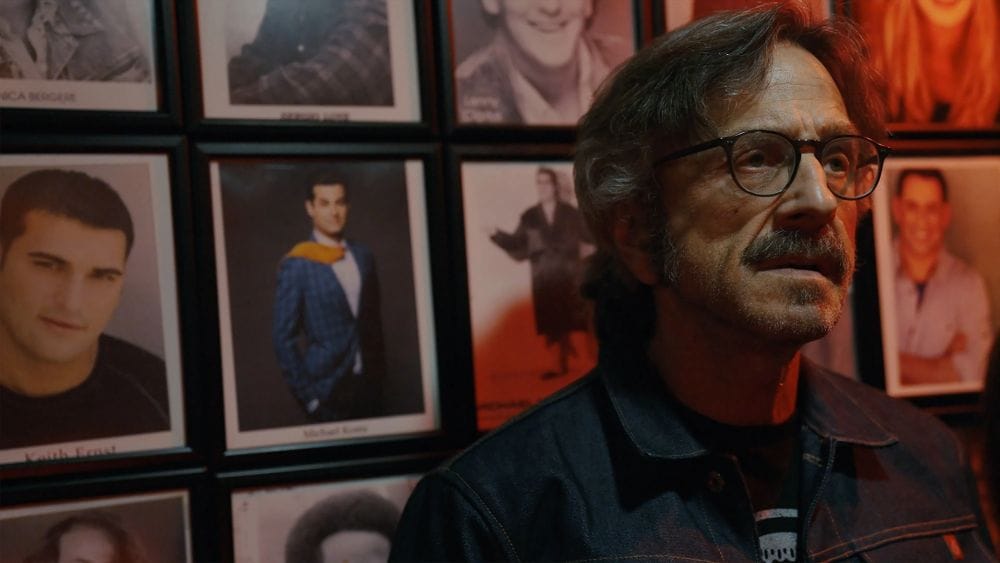
Where Are We Good? really works at its best, though, is the high-wire friction that comes from Feinartz so closely observing an artist at work as Maron is pulled in multiple directions. There are scenes here that are hard to watch, particularly the early stand-up sequences where he is clearly working through things as a work in progress and is nowhere close to the more polished, refined comedy that would eventually come out of this leg work. He snaps at people in his audience; he struggles to find the balance between truthfulness and comedy; he’s navigating where his own lines are, when and how to cross them. It’s raw in a way that I gather Maron usually is, but, maybe, squared. Because the pain this time isn’t his addictions or his own mental quirks and foibles that populated his early comedy career, but rather a very real and identifiable trauma. In these scenes, the documentary doesn’t let Maron nor the audience off the hook, forcing us all to confront it. And then, like the best gags, topping it off with a zinger either from Maron himself or one of the many comedian friends who populate the film. Names like Caroline Rhea, David Cross, John Mulaney and Jessica Kirson—the latter in an entirely superfluous but funny sequence inside a noisy restaurant.
It's in these scenes that Maron, and therefore the film to a large degree, is at its most compelling. Elsewhere, he’s charismatic and cantankerous and, yes, sympathetic, but it lands on fairly familiar beats. I’d have liked to hear more of his conversation with Patton Oswalt who endured a similar life event, although I suppose I have to go and listen to the podcast for that. I’d have really liked to have seen Maron at work writing jokes and figuring out just how he was going to achieve whatever it actually was that he sought to achieve by going back out on tour. How did that first post-Lynn joke appear. How did it feel to put it down on paper and decide this was a joke worth telling? It's unfortunately vague on that, which is disappointing as a film about a comedian exploring his own dark, personal subject matter.
Sort of like how Maron learns to accept that if he’s going to go back on stage, he needs to be funny and not just sad, it’s like the filmmaker here realised he had to go and make a standard biography around the really interesting stuff to lure in audiences. But like a Maron live show, the warts and all would have likely revealed something far more (and more cinematic, too) than just another trip down biography lane. I suspect fans will get a lot of out Are We Good? and relative newcomers might grow to appreciate his talents.
If you would like to support documentary and non-fiction film criticism, please consider donating by clicking the above link. Any help allows me to continue to do this, supports independent writing that is free of Artificial Intelligence, and is done purely for the love of it.
